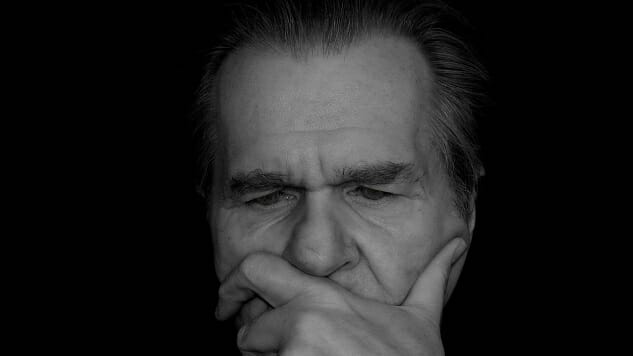There’s A Good Chance Your Memory Is Way Less Reliable Than You Think It Is

Your memory might not be as reliable as you think. Around 50 percent of people are prone to “remembering” experiences that never happened, according to a new study conducted by British researchers.
Researchers at the University of Warwick conducted an experiment in which they convinced about half of their test subjects that an implanted, or fake, memory was actually real. 30% of participants even elaborated on the fake memory, describing further in depth on what the nonexistent event was like.
Dr. Kimberley Wade, the study’s author, found that distinguishing between real events and false memories wasn’t easy, even in a controlled environment. The results raise many questions about the reliability of people’s memories, because the risk of false memories should be taken into account in situations such as forensic investigations, court rooms and therapy sessions, the researchers said.